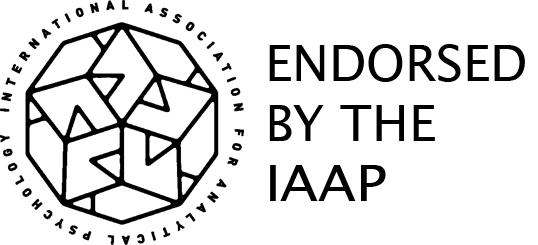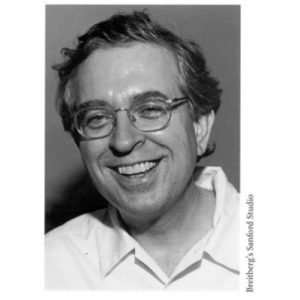The significance for Jung of his travels in Africa is strongly expressed in his autobiographical work, Memories, Dreams, Reflections. Upon glimpsing a distant figure standing motionless, leaning on a long spear and looking down at the train he was on, he thought: “I had the feeling that I had already experienced this moment and had always known this world which was separated from my only by distance in time. It was as if I were this moment returning to the land of my youth, and as if I knew that dark-skinned man who had been waiting for me for five thousand years” (MDR, p. 254). So great was the impact of Africa on Jung that he claimed: “There the cosmic meaning of consciousness became overwhelmingly clear to me. ‘What nature leaves imperfect, the art perfects,’ say the alchemists. Man, I, in an invisible act of creation put the stamp of perfection on the world by giving it objective existence.” (MDR, pp. 255-6). This realization came to him as he observed the African landscape: “Grazing, heads nodding, the herds moved forward like slow rivers. This was the stillness of the eternal beginning, the world as it had always been, in the state of non-being; for until then no one had been present to know that it was this world… here I was now, the first human being to recognize that this was the world…”(ibid.) Africa stamped Jung indelibly.




